The Lightning Round is a signature program at HSMAI events — giving six subject matter experts just six minutes and 40 seconds each to share a best practice, strategic insight, or big idea. At HSMAI’s 2021 Marketing Strategy Conference, Monty White, CHDM, director of marketing at Visit Irving gave a presentation on “Recovery Campaigns.”
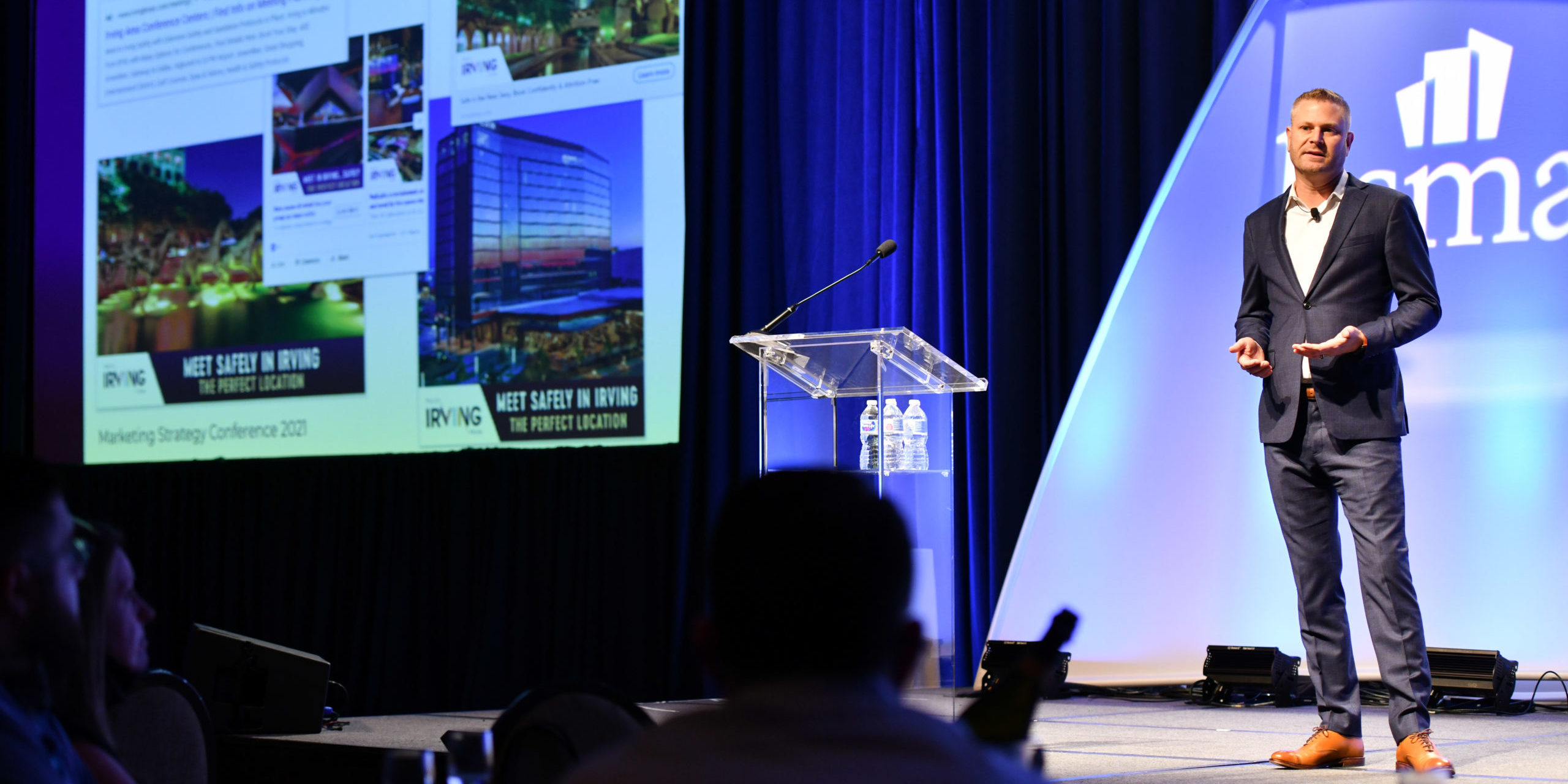
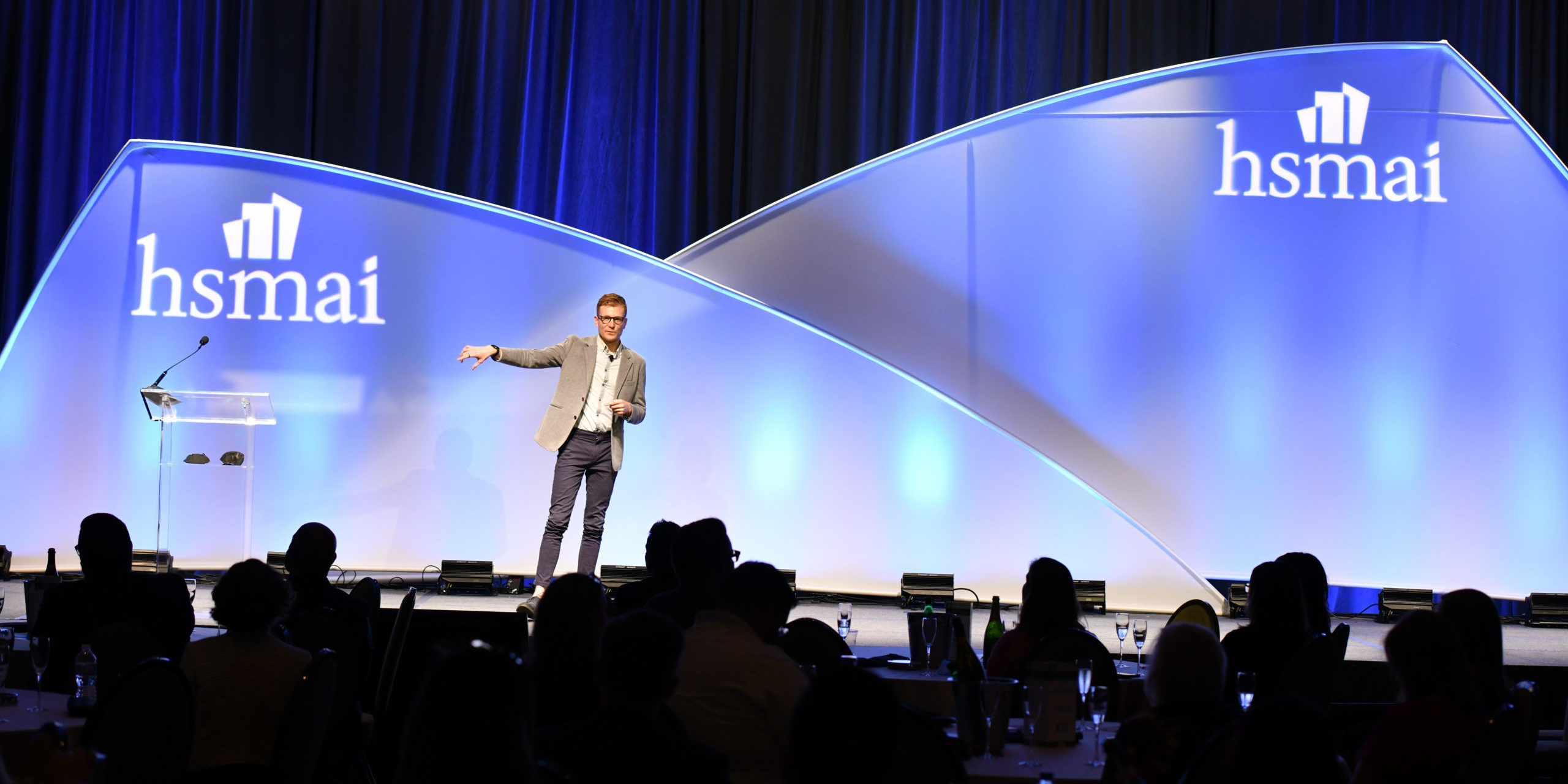
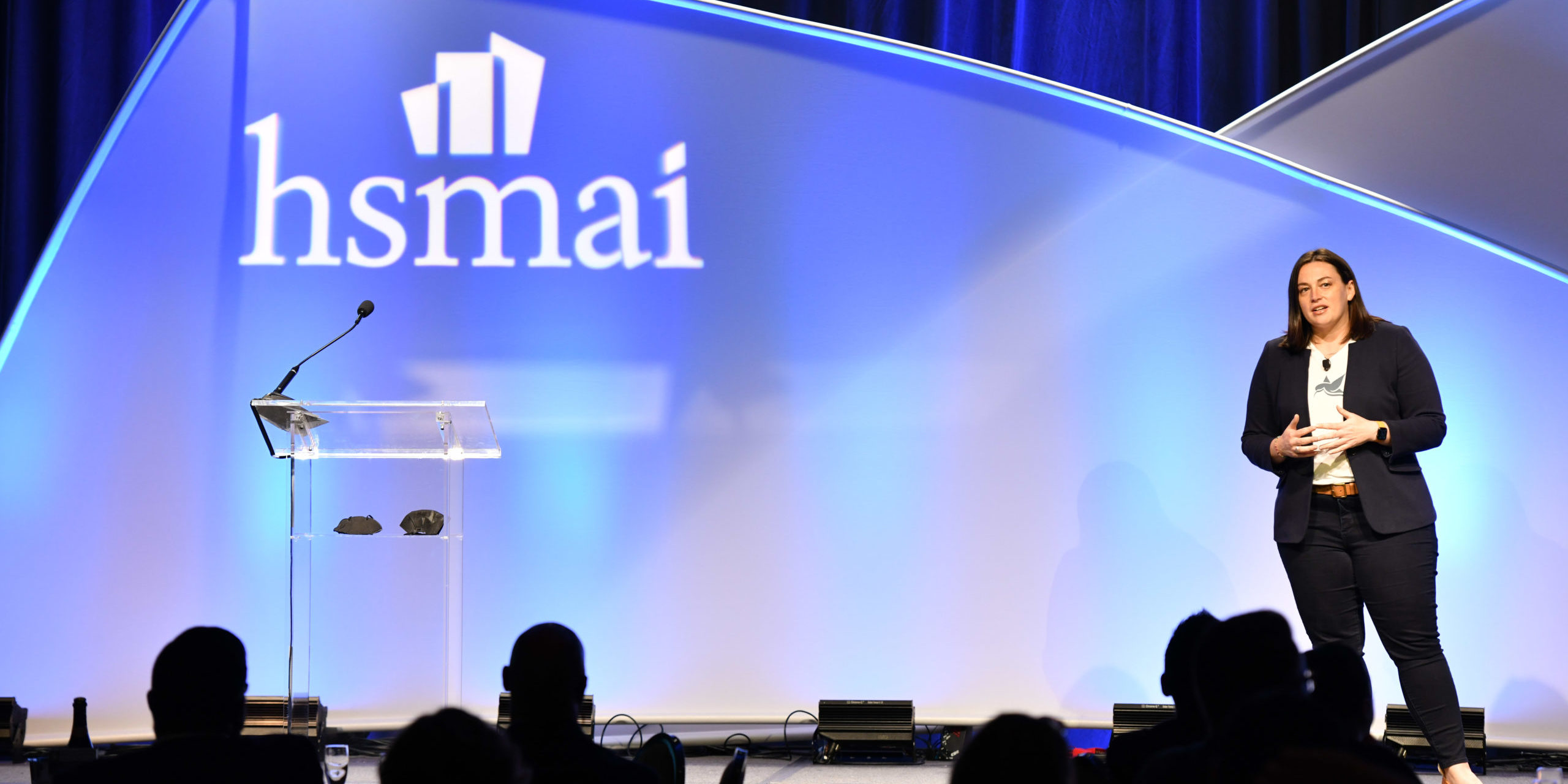
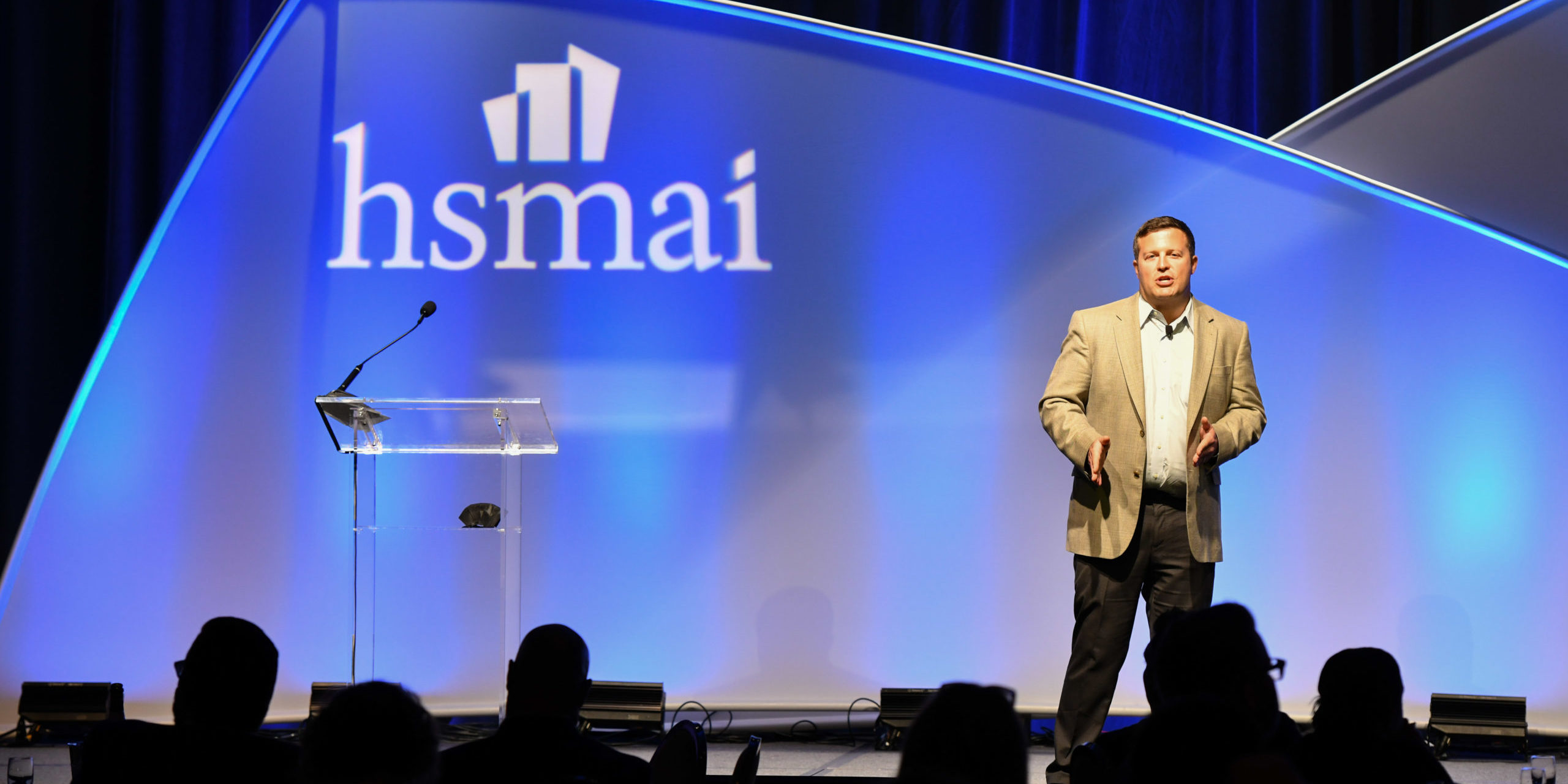
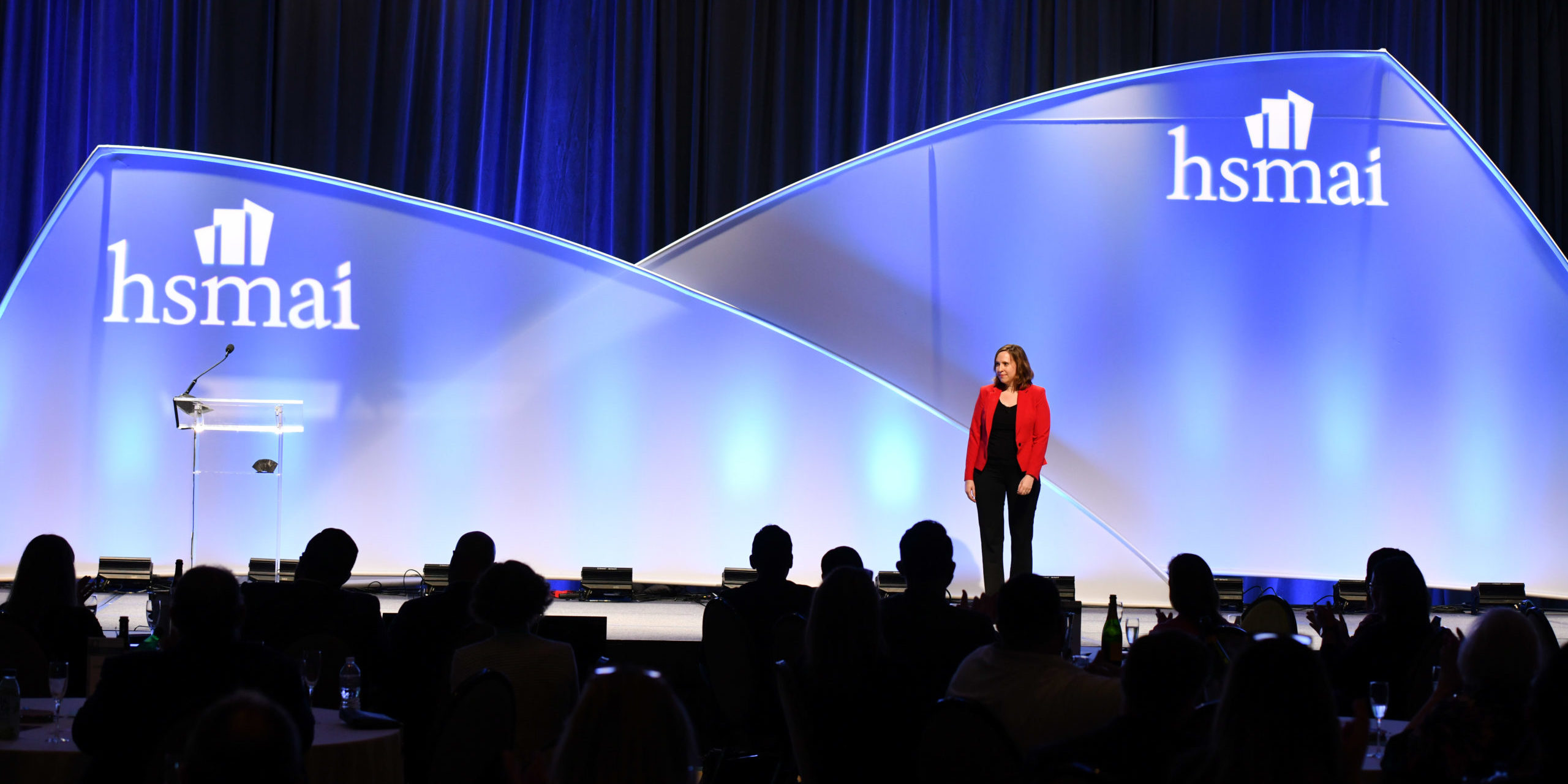
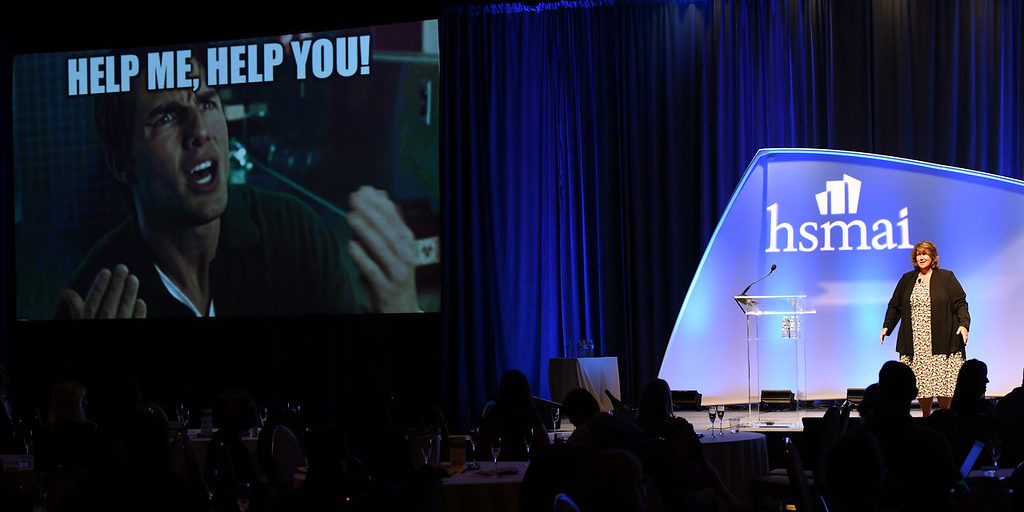

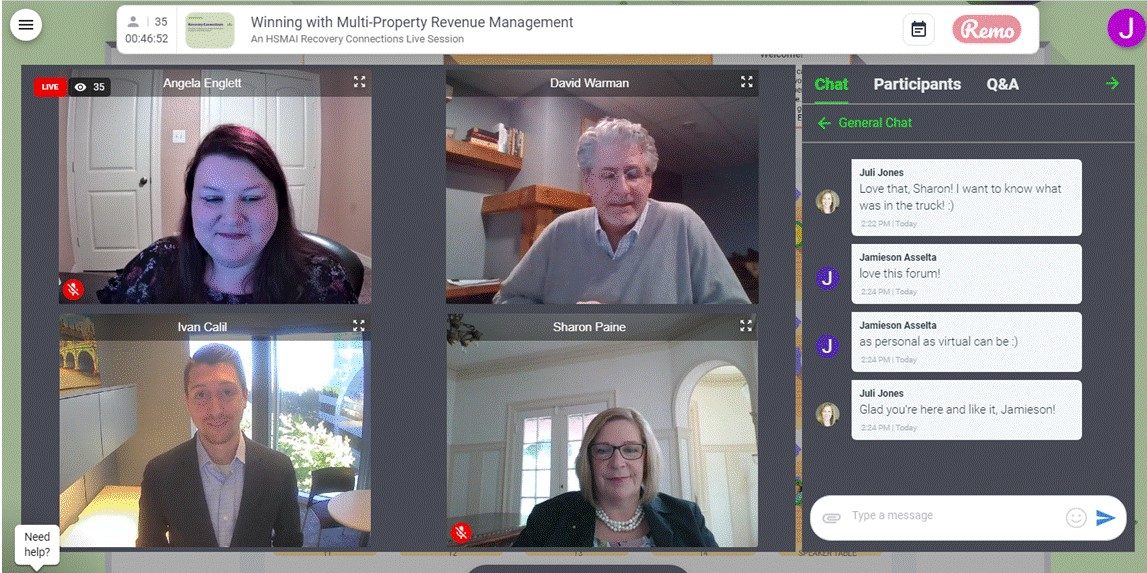
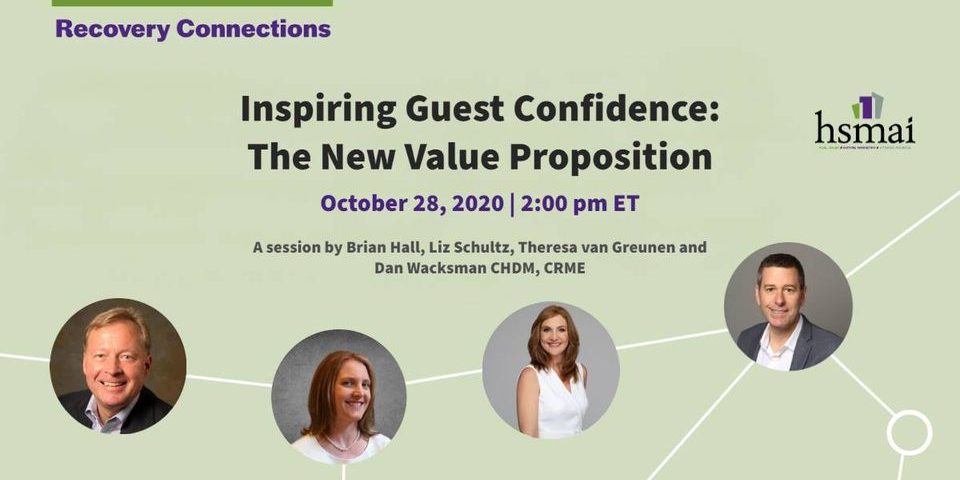

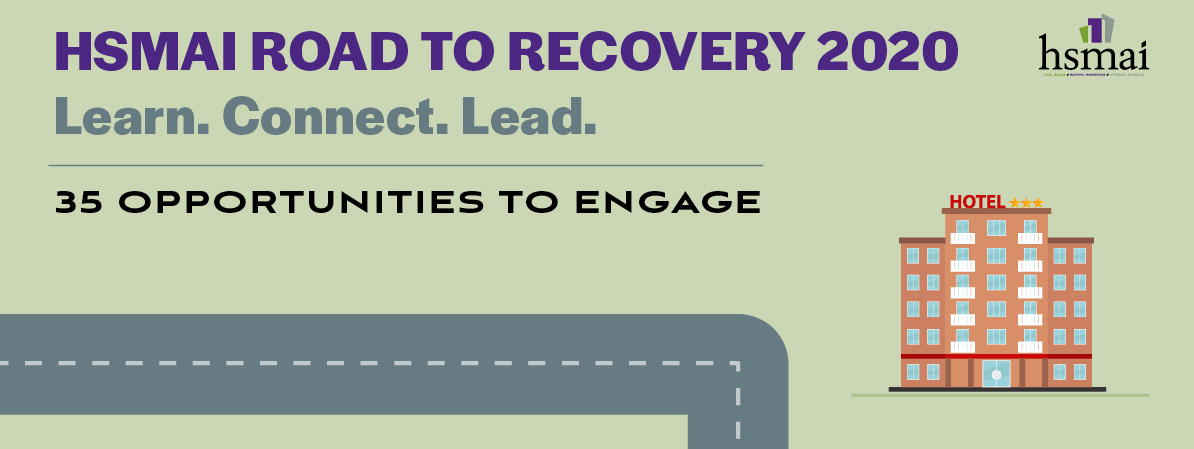 As part of
As part of 